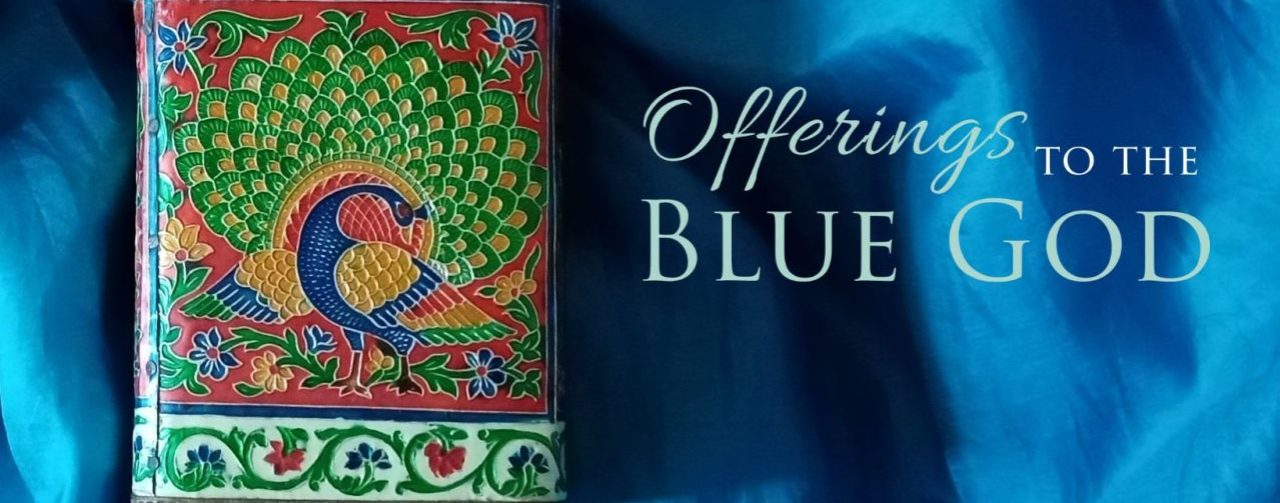Thanks to Suzanna Anderson for the review of I Exist. Therefore I Am in this issue of Magnolia Review. You can read it at the Magnolia Review site, at Amazon or Goodreads, or see below.

Rajapakse has traveled to India often, and these stories “…were written at two stages of my life and represents the eight years I spent in India, working and travelling to cities and also some of the remote places where I encountered many instances of negativity towards women and girls. Some of the incidents I came across or heard about are too painful to recount or fictionalize. The tales I have included here are a mere fraction of the lives touched during my stay.”
In “Drink Your Milk and Go to Sleep,” a married woman continues to carry girls while her husband and mother-in-law want a boy child. Her family takes her to a midwife who “…was famed for helping women with problems. She must be good because women from all over the land visited her to find solutions to their sorrows. She didn’t talk much. There was no time for any words as it was obvious why we were all there. She had lots of customers like me waiting to be served every day. She gave me something to drink when I got home.”
As a widow, Gayathri Devi was “…waiting to die” in the story “On Death Row.” In the beginning of the story, Gayathri Devi “…had been sitting here in the same place for a while, not caring about what happened around her. She’d seen the colors change in the sky a thousand and one times and more and was no longer interested. Was no longer overjoyed. She no longer anticipated the fading beauty of the end of the day as she did the first time she arrived.” The widows “…were a burden on the young, an unnecessary life that needed to be cared for, fed, clothed and helped along the way. There was no time, no money or room left in houses for the likes of these women that passed their expiration date and were still sitting on the shelf, when whatever little money the families had were needed for the hungry mouths to feed, the demands of school and the dowries to be collected throughout their lives. Women like Gayathri Devi were put aside and left to themselves and what better way to get rid of the unwanted than to send them to God.”
The collection’s title comes from the story “I Exist. There I Am.” Those words are the opening line and the refrain carried throughout the story. “I rest deep inside you, wrapped up tight like an old woman swathed in quilts in the desert during winter when it’s too cold to do anything but sit by the fire and wish it was summer once again.” “You see me through the folds of fat projected onto the screen and can only discern a small shape with a centre that beats like a drum. The sound and rhythm unlike the drums they played at your union, but a drum just the same. Thudak, thudak, thudak, it beats softly. You place your hand on your stomach but you can’t feel me, nor can you hear the drum beats of my heart pounding inside me. Only the machine can tell you that.”
And in “Secrets” “Rules kept the family together, rules made things work the way it was supposed to.”
Each story is heart breaking in its own way. I can’t even begin to imagine the stories that were too painful to recount or fictionalize. Rajapakse’s prose is as strong as her poetry. The characters’ pain is real and their circumstances resonate. I hope for a brighter future.
